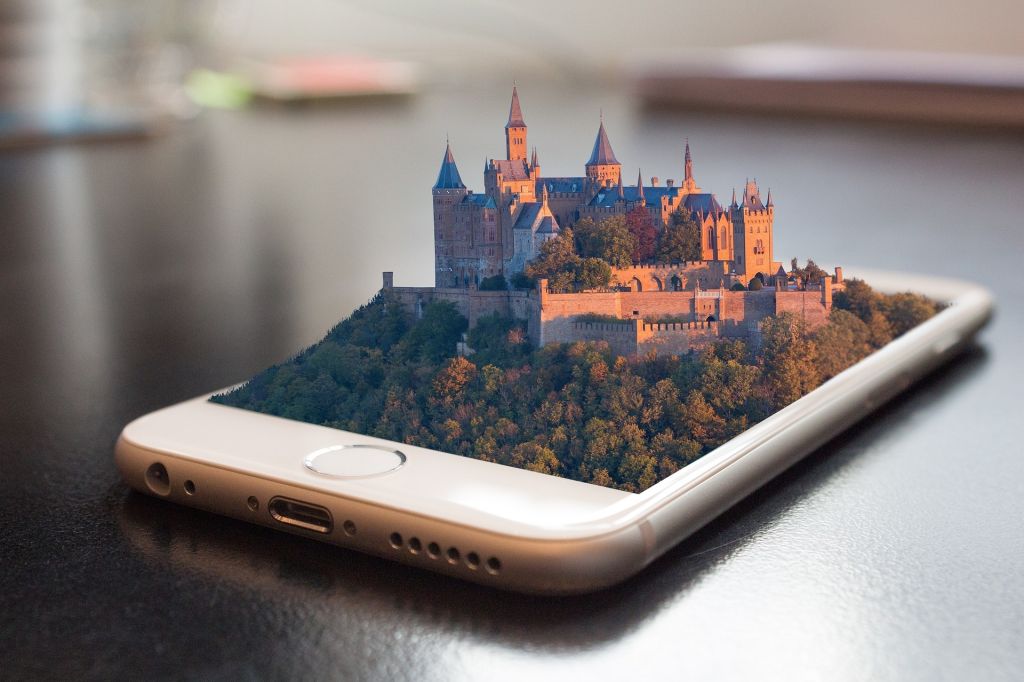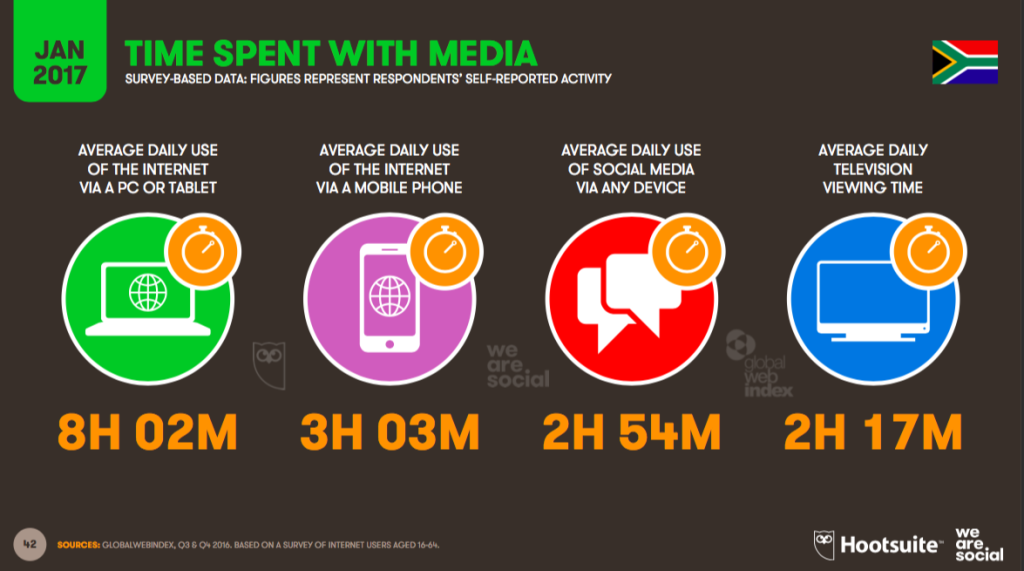Thinking aloud: could toxic digital addiction destroy your life?
The digital age has many benefits, but have we considered the possible negative effects of increasing amounts of screen time in our daily lives?
When experts talk about the digital – or cyber – world, they could be referring to anything tech: artificial intelligence, the internet, virtual reality, mobile phones, gaming or other networked devices. In this case, we are referring to the kind of social media available on mobile devices, such as smartphones, tablets and laptops.
These devices have become ubiquitous in the modern world, our constant companions on planes, trains and cars. In fact the latest research by global social media agency We Are Social shows that, in South Africa, people spend an average of eight hours a day online.
While digital skills have become a prerequisite in the modern working world, it’s worth considering: how much screen time is too much? And, when it comes to children, can too much time online harm healthy development?
The American Academy of Pediatrics (AAP) certainly thinks so.
In its latest guidelines on children and digital media, the academy recommended that children younger than 18 months should have no screen time at all (other than video chatting). The AAP says children between the ages of two and five should spend no more than an hour a day on screens.
It has also recommended that children older than six years old have consistent time limits that ensure they’re getting adequate sleep and physical activity. In addition, parents should designate media-free times (such as during dinner or on car trips) and media-free zones in the house (such as bedrooms).

But there is debate over their findings.
Oxford researchers have dismissed this advice as being too restrictive, and the AAP has acknowledged that a one-size-fits-all approach may not work for every family. If you don’t agree with the guidelines, they say, then create a family media use plan to work out where the limits should be for your family. Find the template here.
Great advice if you’re aware of it, but what if you’re not? And even if you’re limiting your screen time, are you behaving safely in the online space? And what about digital addiction?
As the ubiquity of technology increases, digital addiction is being recognised as a growing mental health concern, and research into this phenomenon is evolving rapidly. Here’s an excerpt from the findings of a study at the University of Brighton into digital addiction:
“Research attempting to measure the impact of digital addiction is expanding: A study from the University of Missouri reported that measurable increases in stress can be recorded when people have their smartphones taken away. There has even been a rise in clinics serving digital addicts, and increasing amount of personal testimony from self-described addicts, as well as more firmly established evidence for repetitive strain injuries arising from overuse of technology. There are also serious concerns that mobile phones alone can harm the parent-child bond and make addicts prone to mood swings and that internet addiction is resistant to treatment, entails significant risks and has high relapse rates.”

Want to know more?
Join us at the digital addiction workshop at Maropeng on Saturday 28 April 2018 from 9am to 11am to listen to two experts explaining the toxic elements of digital addiction that can affect you, your family and your friends.
Behavioural scientist Denise Bjorkman will introduce you to the neuroscience of digital addiction, while media personality and psychologist Bradley Daniels will talk about the interventions available to handle the anxiety and depression that people of all ages can experience as a result of online activity.
Bjorkman will be joined by clinical psychologist, Bradley Daniels. Daniels has graduate school experience at New York University and has done extensive work with anxiety and depression. He will talk about these two conditions as they relate to the digital environment and suggest meaningful interventions for change and personal growth.
This event is free to the public. Email reception@maropeng.co.za to book your seat.
